Al Barzakh Al Atigh:
The Five-Star Exile in NYC of A Mauritanian Activist Accused of Blasphemy.
Summary:
Mauritanian blogger and activist, El Atigh Abba, was subject to a fatwa (an Islamic decree) in 2013 in his home country. The fatwa labeled him blasphemous and called for his death, forcing him into exile in the US. Mauritania has some of the strictest blasphemy laws, and activists have accused the government of fostering fundamentalist vigilantism. Since March 2024, Abba, together with his sister, put their savings into a bar and events space in Crown Heights, Brooklyn, called Barzakh Café. The space embraces secular values and Islamic and Arab culture at the same time. This is both a bar and sufi gathering space. The cafe went through a rough eight months initially but now it is a popular spot and garnering attention.
Context:
In 2013 Mauritanian blogger and activist, El Atigh Abba, was in the United States participating in a journalism fellowship funded by the US government, called the International Visitor Leadership Program. That is when he learned through social media and the press that more than 20 imams in Nouakchott signed a fatwa (an Islamic religious decree) accusing him for blasphemy and insulting Islam, and calling for his death. The fatwa was issued based on older posts and articles Abba had written. The imams decided that Abba’s activism went too far and issued the fatwa to silence him. The fatwa was issued by local clerics who hold a high degree of sway in Mauritanian society. This type of persecution is tolerated and nurtured by the Mauritanian government because it is one of the most punitive countries in the world when it comes to blasphemy laws. In 2018 the Mauritanian government passed Article 306 of the Mauritanian penal code making punishment for blasphemy even stricter than before. The previous law included clemency in case of repentance, giving people who were charged a way out. The new law does not.
Abba, as a result, is unable to go home. He lives and works in Brooklyn where runs a local bar and event space called Barzakh Café, which he started in March, 2024, with his sister. The bar is a unique secular and Muslim space. It sells alcohol, embraces diversity, and pluralism. It embraces cultures native to the Middle East and North Africa, like Gnawa, Qawwali. It is a place of community, activism and music, where Muslim and Arab culture are shared with the local communities. Barzakh Cafe had a rough start, but gained attention soon after and now it is doing well.
Blasphemy Laws:
According a recent study by Pew Research Center based on information last collected in 2019, 40 percent of countries around the world have blasphemy laws, which are usually broad encompassing laws, that lack clear definition. These laws are usually used against people who speak out, criticizing the social and political status quo. It is a tool to silence dissent. This research showed that most blasphemy laws are in Muslim-majority countries. It found that the region with the highest concentration of these laws was the Middle East and North Africa, which scored 90 percent.
Previous Cases:
In 2023, a 19-year-old high school student, named Mariya Oubed, was charged with blasphemy based on an answer she wrote in a high school exam. The test was leaked without her consent to social media and the press, initially without revealing her identity. However, her identity was revealed later under public pressure. She was arrested, found guilty, remains in custody. It is not clear if the death sentence called for under Article 306, the updated penal code will be applied to her case. Her family said she was insane. Oubed’s family is a member of a large Afro-ethnic group made up of descendants of slaves. The harsh treatment she received is seen as an attempt to silence a politically and socially disfranchised ethnic group.
Before that, in 2019, Mauritanian blogger Mohammad Cheikh Ould Mkhaitir was released after serving five years in jail for a blasphemy case in which he was found guilty and sentenced to death by a firing squad. Mkhaitir, a local activist, wrote an article critical of the Mauritanian social caste system that still exist today, but he was found guilty of “insulting Islam” instead. The Supreme Court was scheduled to meet in 2016 to discuss Mkhaitir’s case but it canceled the hearing in response to public outrage on the streets. The Mauritanian authorities claimed that they kept Mkhaitir in jail for years to protect him from angry mobs.

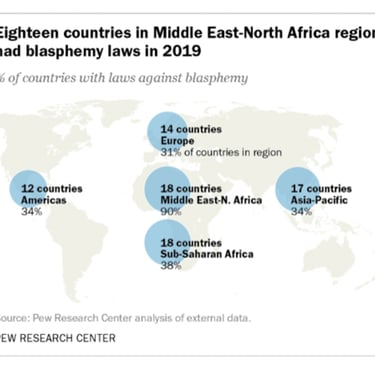
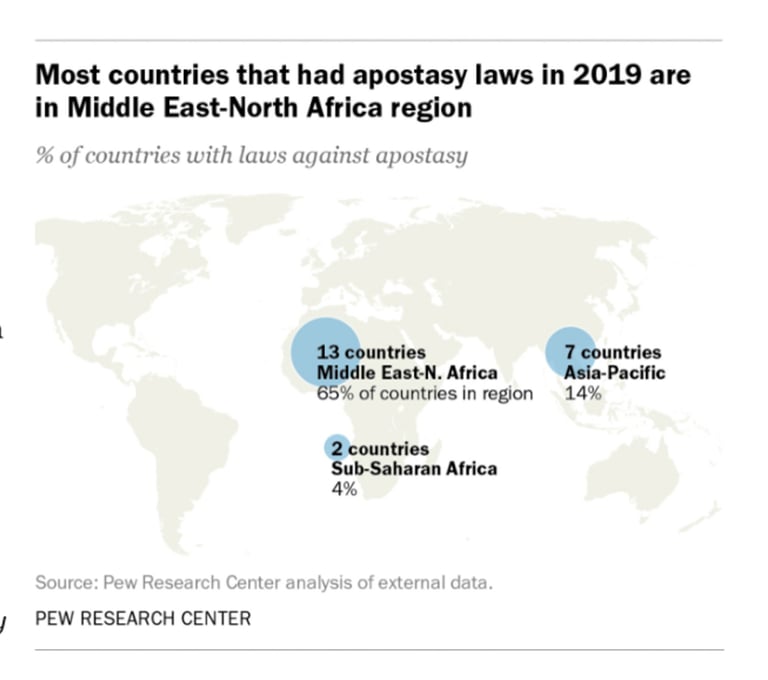

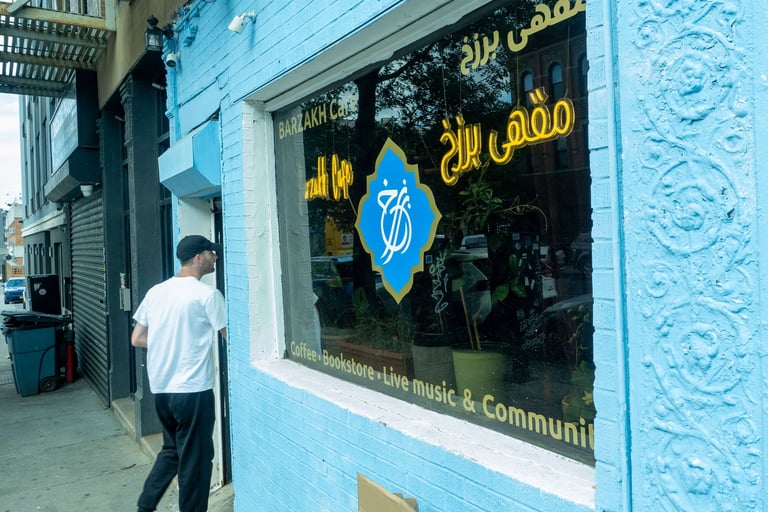

A patron enters Barzakh Cafe, in Crown Heights, Brooklyn.
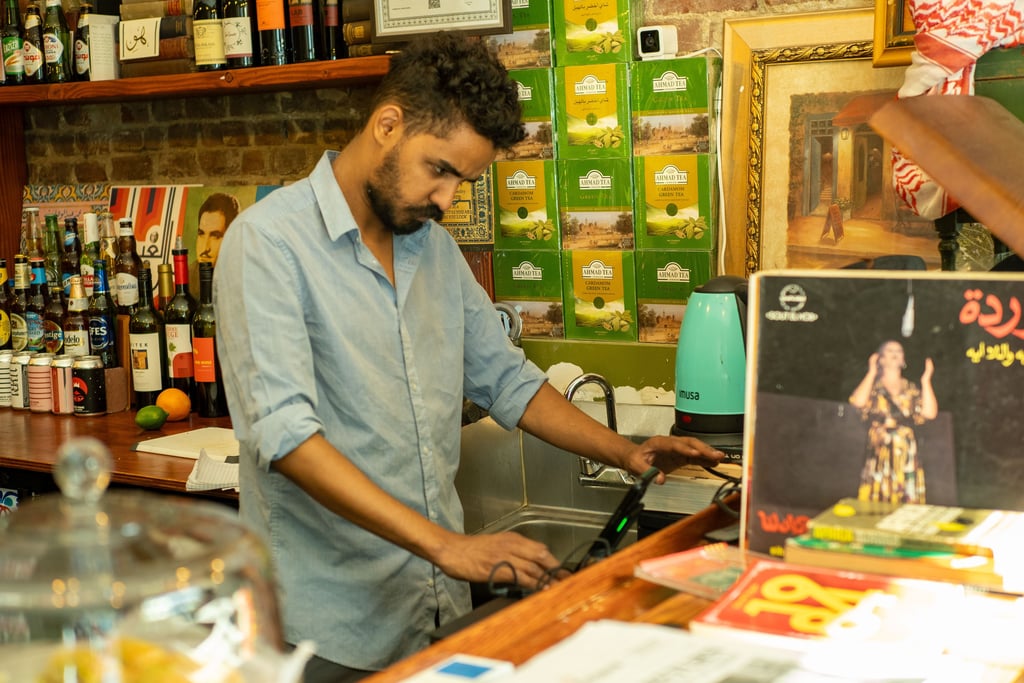

El Atigh Abba, owner of Barzakh Cafe at the counter.
Barzakh Cafe:
Barzakh Café in located in Crown Heights and it is a vibrant Muslim and Arab space, created by a Mauritanian exile, Atigh Abba, whose experience growing up in Mauritania informed his taste in music. This is a secular space for Muslims and those influenced my Islamic culture and tradition. This is a place where brown people feel comfortable and at home and that embraces Islam, but also embraces others. This is a Sufi space and that is why it is a destination for Qawwali, Gnawa, just like embraces classical Arab music and all the traditions associated with it.
These photos are from the Qawwali event held at Barzakh Café on May 18, 2025 that featured Hamza Akram Qawwal and Brothers, a music ensemble from Karachi, Pakistan. The event was held in the backyard of the café. The group sang in true Qawwali style, which is without sound amplification. They also performed tirelessly for hours. People, danced, laughed, and connected with Sufi music, which is native to Muslim communities in South Asia and has built upon centuries of tradition. It that combines music, vocal sounds, and singing, with banter and poetry. It is meant to grab audience’s attention visually, acoustically and through meaning. It is a spiritual Sufi journey open to all.
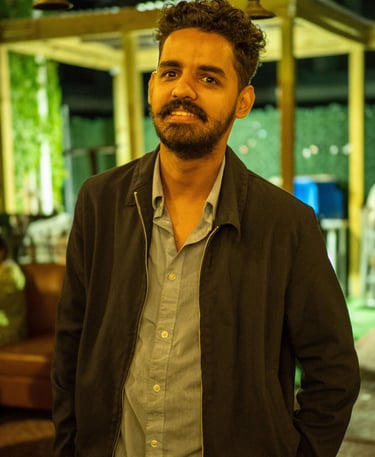

El Atigh Abba, Mauritanian blogger and activist, owner of Barzakh Café in Brooklyn
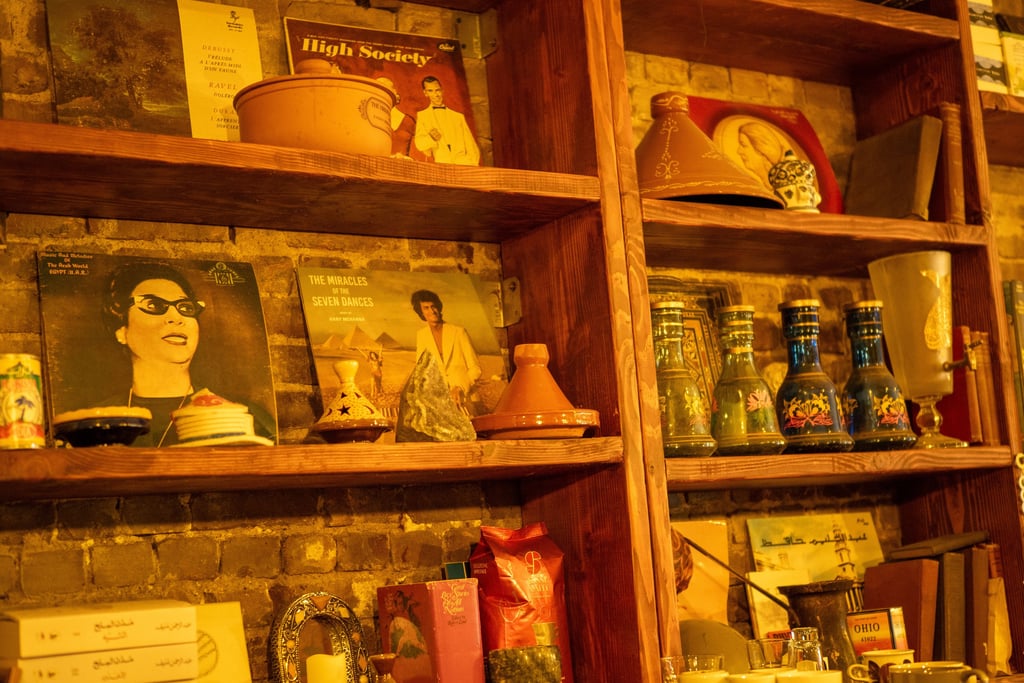

Arabic records on the shelves at Barzakh Cafe.
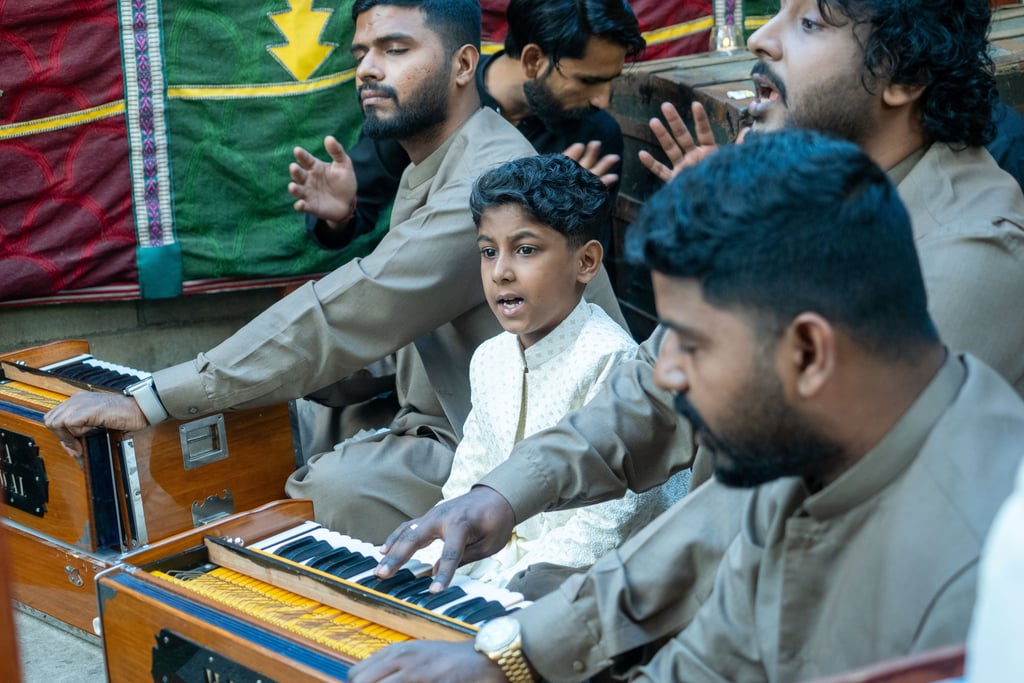

The ensemble, Hamza Akram Qawwal and Brothers, included a young performer.
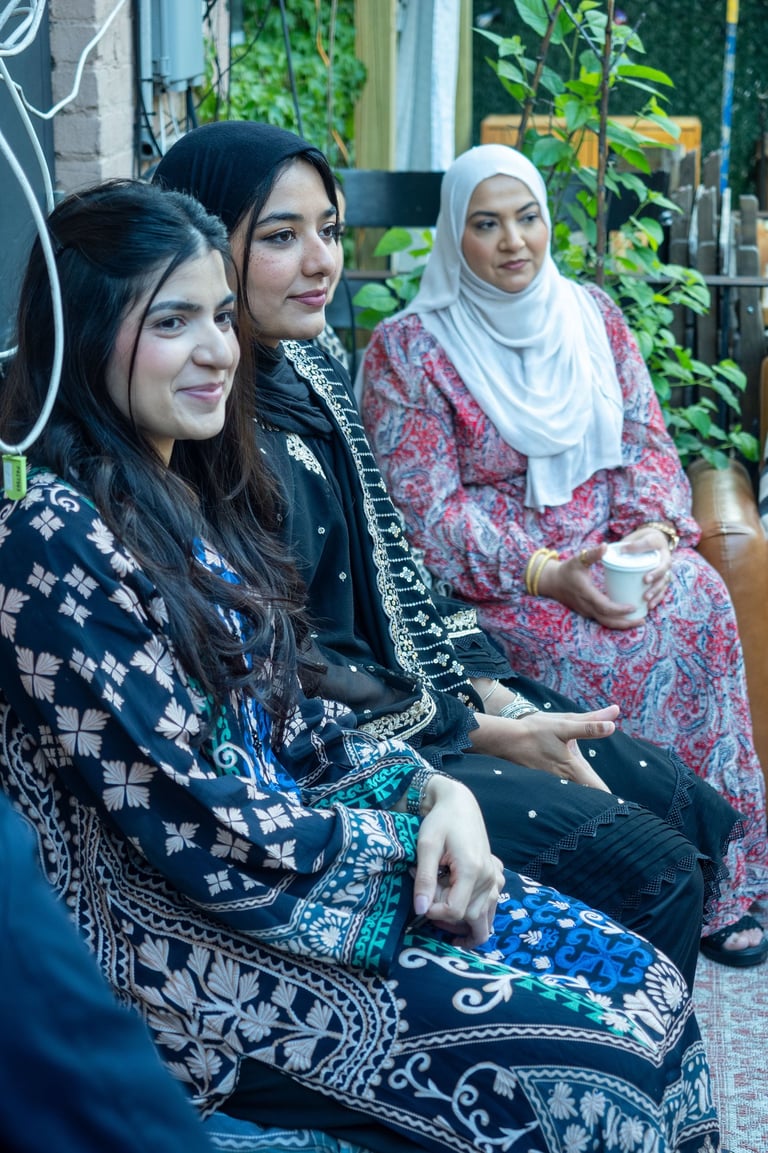

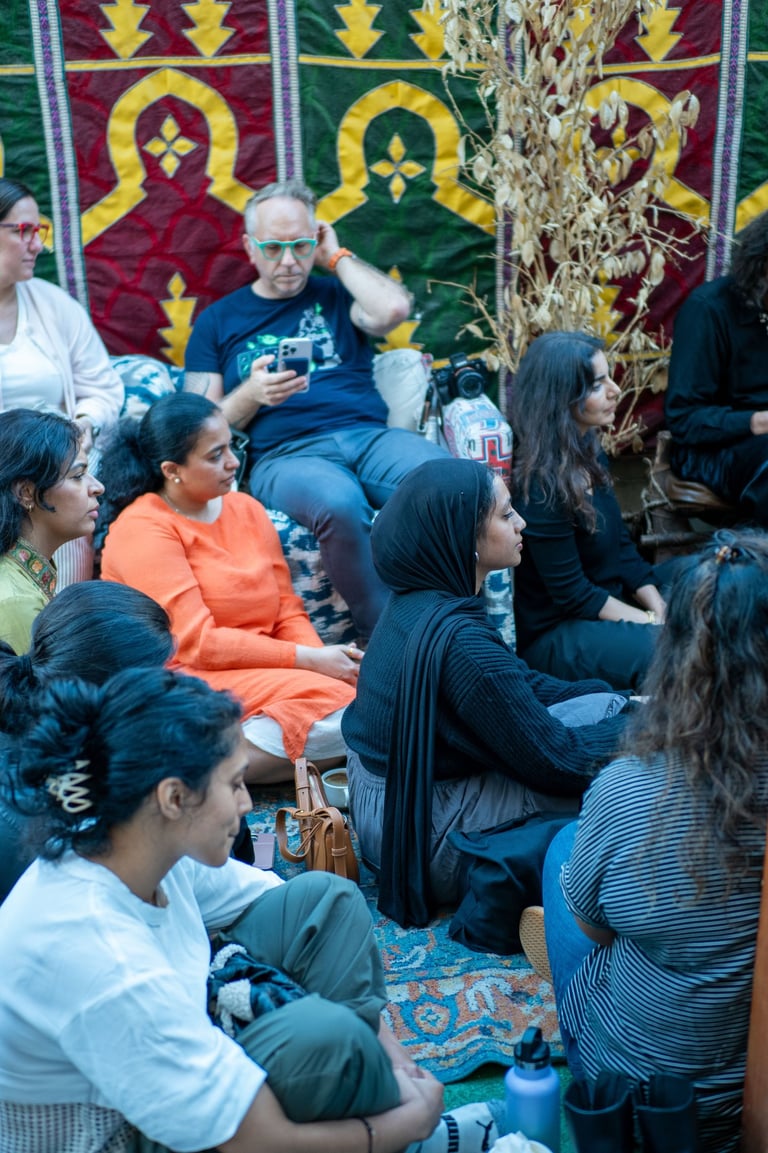

Attendees at the Qawwali event.
Attendees sitting on the ground at the Qawwali event.
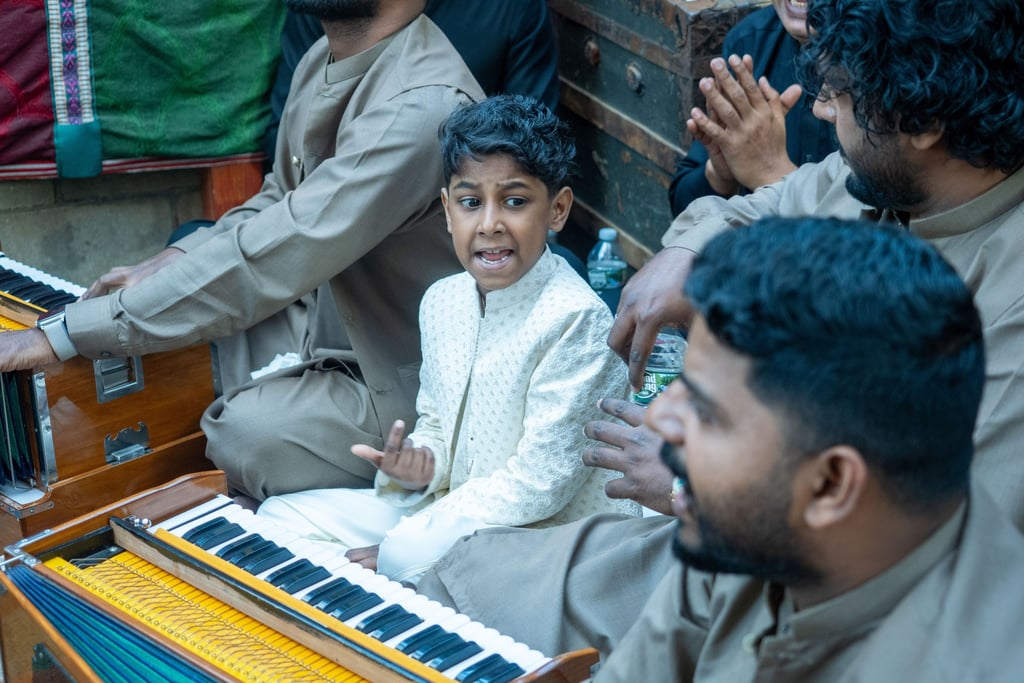

The young performer with Hamza Akram Qawwal and Brothers ensemble singing.
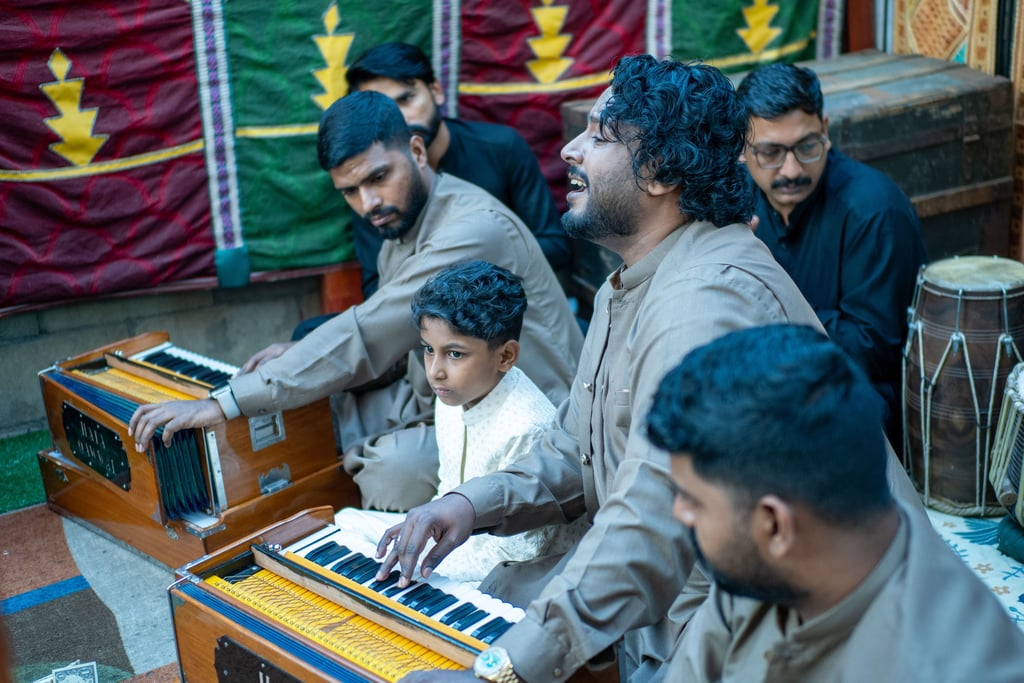

Hamza Akram Qawwal singing.
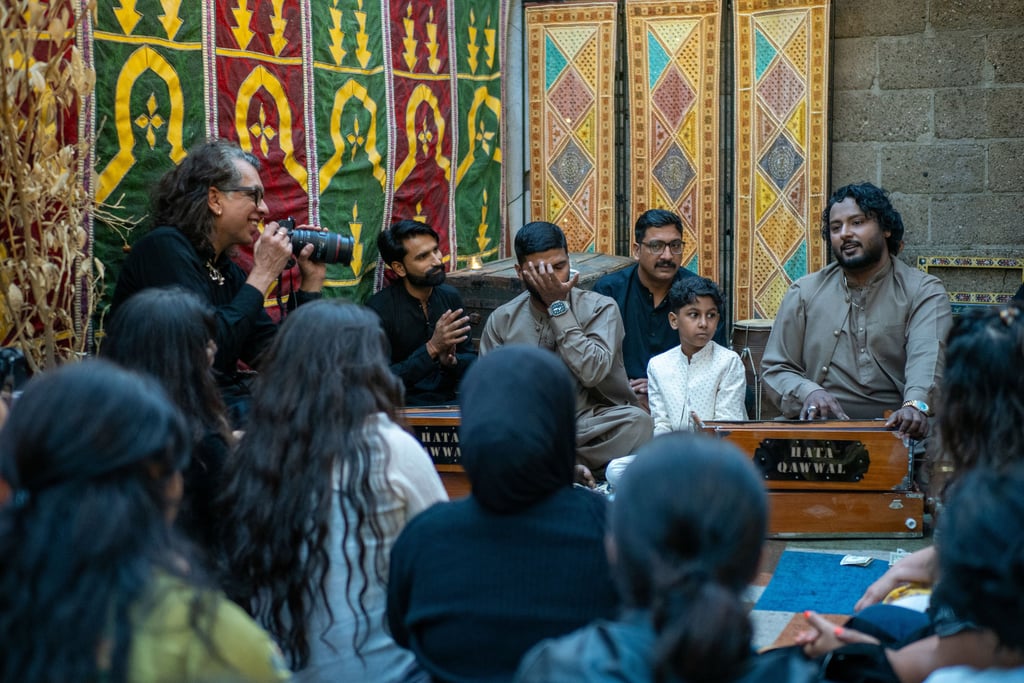

A photographer smiles as Hamza Akram Qawwal says something funny.
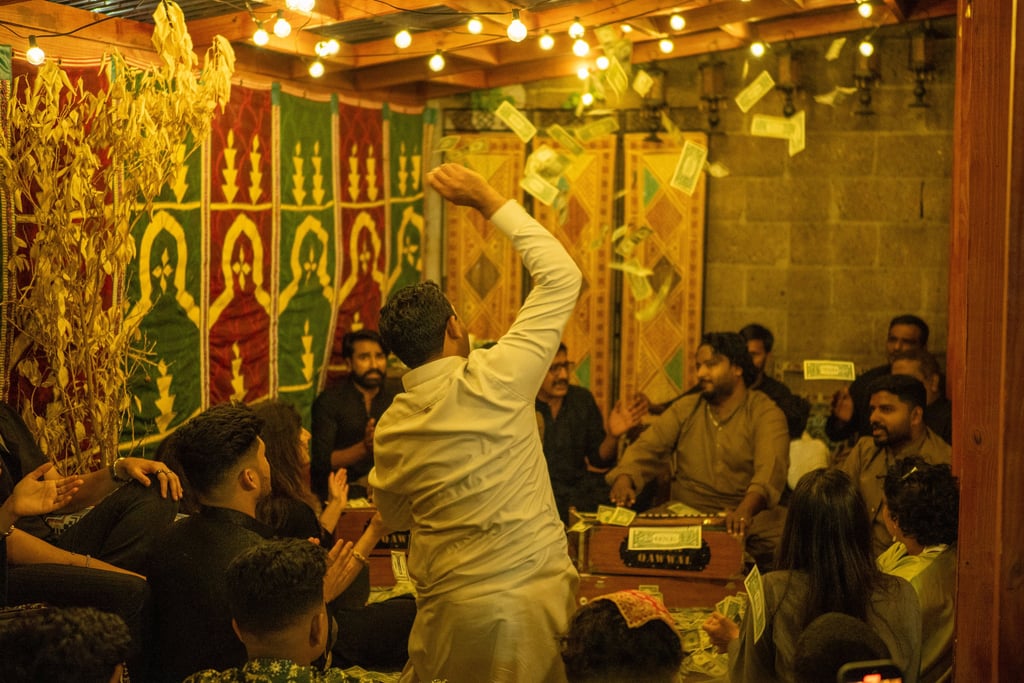

A patron throws one-dollar bills at the ensemble.
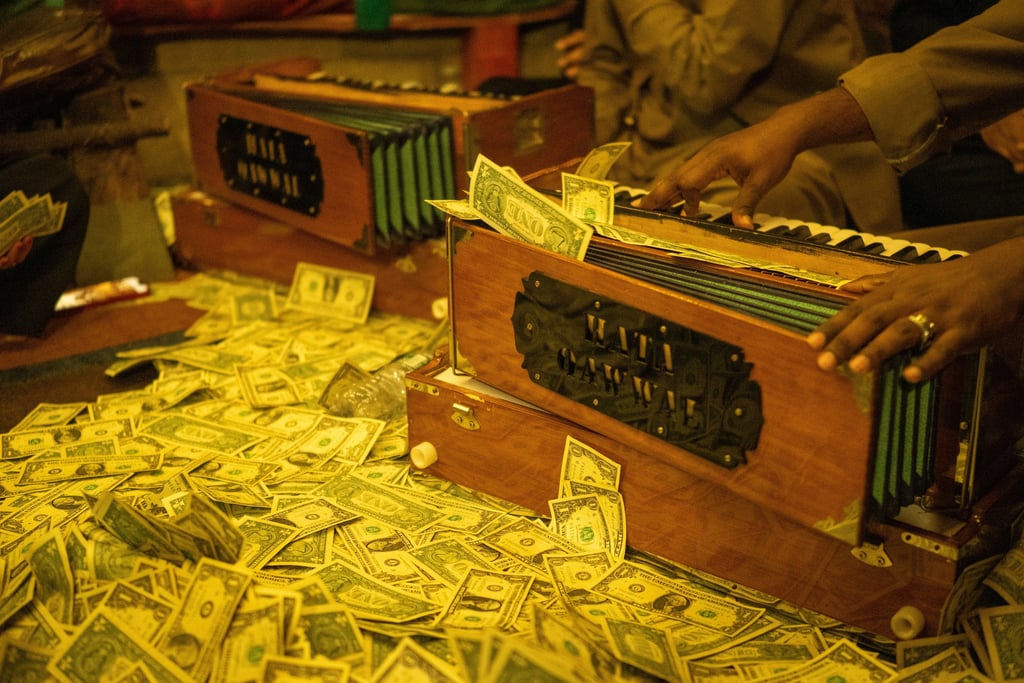

One-dollar bills piles next to the ensemble and their instruments..
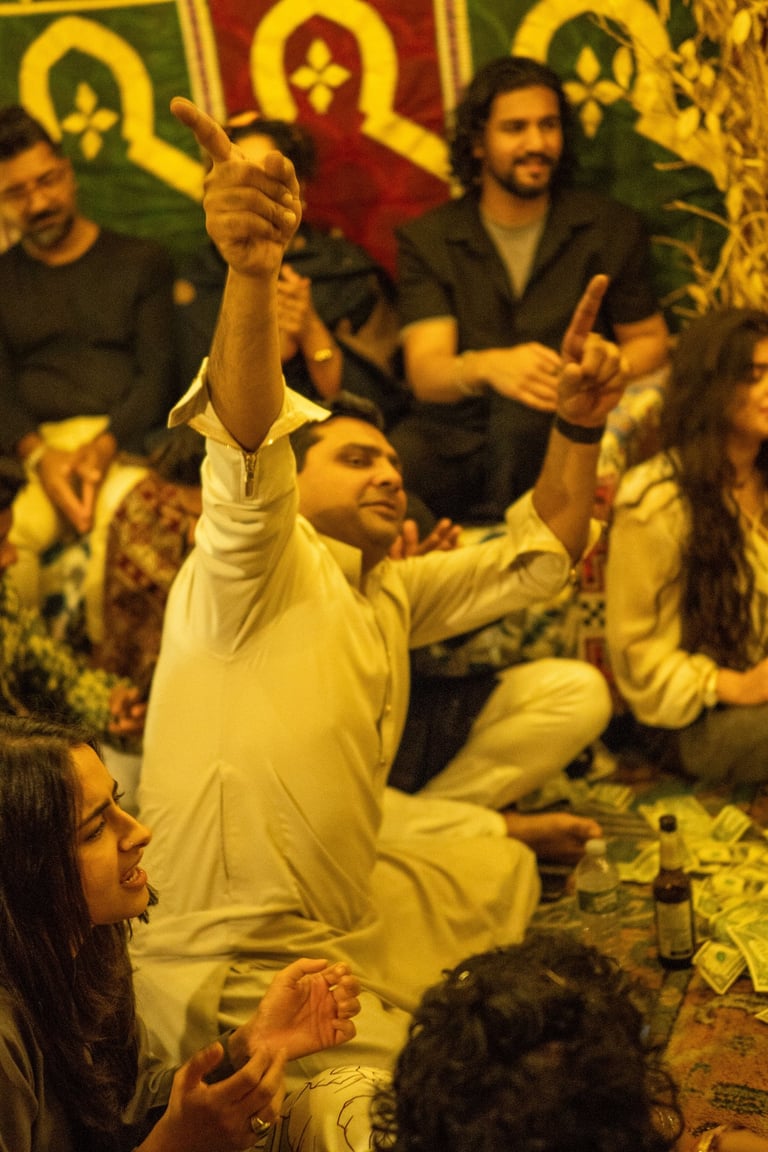

One man was having fun after donating a lot of one-dollar bills to the ensemble.
